Blog /Zbatimi i Politikave të Udhëtimit dhe përfitimet e tyre Posted on 27 Feb 2023 Zbatimi i Politikave të Udhëtimit dhe përfitimet e tyre Roli i burimeve njerëzore në menaxhimin e udhëtimeve Qëllimi i një udhëtimi biznesi është që të kryhen takime, shitje, marrëveshje, apo veprimtari të tjera në emër të kompanisë e cila i zhvillon ato. Udhëtimet e biznesit mund edhe të zgjerohen në veprimtari të shumëfishta. Në këto ndodhi, menaxherët e burimeve njerëzore luajnë rol të rëndësishëm për të mundësuar nivelin më të lartë të sigurisë për punonjësit e një kompanie. Kur planifikohen udhëtime biznesi në një vend tjetër, menaxherët e burimeve njerëzore duhet jenë të kujdesshëm për “politikat” dhe kufizimet e shteteve përkatëse, që shpesh ndryshojnë nga ato të shtetit ku punonjnë edhe vetë. Menaxherët duhet të jenë të informuar gjithashtu rreth çdo situate të papritur që punonjësit mund të hasin në një shtet të huaj. Më poshtë po ju listojmë disa gjëra që menaxherët e burimeve njerëzore duhet të kenë parsysh. Këto janë: Standardet e Akomodimit Përgatitjen e dokumenteve sipas vendit të visitës Planifikimin e itinerarit të udhëtimit Gjetjen me qera të automjetit për transport në rast nevoje Ndërmarrjen e mbledhjeve informuese Huazimin e normave kulturore të punës Kujdesje për standardet ndërkombëtare Gjetjen e marrëveshjeve më të mira për punonjësit e tyre Përkujdesje ndaj menaxhimit të shpenzimeve Menaxhimi i udhëtimeve dhe i shpenzimeve është përgjegjësi e lartë. Vrazhdësia që këto dy komponentë shpesh shfaqin mund të drejtojë si në krijimin apo edhe në shkatërrimin e programit tuaj të udhëtimeve. Të gjithë jemi në dijeni që kultura e shëndetshme e udhëtimeve të biznesit nxit bashkëpunime dhe lidhje të forta midis punonjësve. Kështu që një punëdhënës duhet medoemos t’i kushtojë rëndësi të veçantë krijimit të një kulture pune e cila mbart respekt dhe vlerësim ndaj punonjësve të tij. Duhet të gjithë të shprehim që kultura e punës nis nga vetë punëdhënësi, fillimisht, dhe që ai është po vetë modeli që të gjithë të tjerët do të ndjekin në vazhdimësi. Kjo përqasje është fitimprurëse për të dy palët, punëdhënës dhe punonjës dhe ka shumë mundësi për t’u kthyer në qendër kryesore të kulturës së punës së një kompanie. Gjithashtu, një kulturë e tillë është gjithnjë burim për të sjellë punonjës të nivelit të lartë profesional, por edhe mënyrë për të mbajtur këta njerëz për një kohë të gjatë brenda komanisë apo biznesit. Për më tepër, faktet tregojnë që punonjësit që nuk ndjehen rehat me kulturën e biznesit janë 24% për qind më të prirë të japin dorëheqje prej punës. Gjithsesi, në realitet përqindja është edhe më e lartë nga ç’tregojnë shifrat statistikore. Për këtë arsye një punëdhënës, i cili ka për qëllim suksesin e lartë të biznesit të tij, duhet të shqetësohet seriozisht për kulturën e punës që vetë ai ndërton. Duke rishikuar vazhdimisht praktikat më të mira të cilat zgjidhin problemet e shpenzimeve të punonjësve dhe që ndikojnë në planifikimin e saktë të udhëtimeve, është diçka shumë e rëndësishme nëse dëshironi që të mbani punonjësit në ngarkim të plotë. Kur punonjësit janë të përfshirë në punën që kryejnë dhe mbeten të kënaqur nga tarjtimi dhe vlerësimi që u jepet në fund të çdo detyre, ata lidhen më fort me misionin e kompanisë duke u bërë edhe më prodhimtarë në punë. Ç’do të thotë të lidheni me një kompani të menaxhimit të udhëtimeve? Segmenti i udhëtimeve të një biznesi është shumë i rëndësishëm për një biznes modern, por edhe një nga segmentet më të larta në shpenzime për kompanitë që kryejnë udhëtime biznesi. Shpenzimet e këtij segmenti duhet të menaxhohen me kujdes të lartë dhe logjistika duhet të jetë nën kontroll për të shmangur shfaqjen e problemeve. Për këtë arsye shumë biznese kanë filluar të lidhen me kompani që menaxhojnë udhëtimet. Në këtë artikull ju do të mësoni rreth KMU-së (kompani e menazzhimit të udhëtimeve) dhe menaxhimit të udhëtimeve si një lloj disipline profesionale e cila mund t’ju sjellë shumë përfitime dhe qetësi mendore për të vazhduar rritjen e biznesit tuaj. Çfarë është një KMU (kompani e menaxhimit të udhëtimeve) Në përgjithësi, menaxhimi i udhëtimeve do të thotë menaxhim strategjik i nevojave të realizimit të një udhëtimi dhe këtu kompanitë e menaxhimit të udhëtimeve shërbejnë si një shembull i shkëlqyeshëm. Me fjalë të tjera, kjo gjë përfshin ndërtimin e “politikës” (rregullores) së udhëtimit, bashkëpunimet, marrëdhëniet me shitësit e shërbimeve apo produkteve, kryerjen e rezervimeve dhe mbështetje ndaj kontrollit të shpenzimeve bashkë me menaxhimin e udhëtimit para, gjatë dhe pas përfundimit. Zbatimi i një programi të menaxhimit të udhëtimeve Të gjitha bizneset apo organizatat mund të përfitojnë prej një kompanie e cila menaxhon udhëtimet e tyre. Disa përfitime janë krejt të dukshme, por ka edhe nga ato që anashkalohen shumë lehtë. Më poshtë po ju sjellim 7 përfitmet më të ditura që lindin kur ju lidheni me një KMU. Përfitimet e programit Çmime të lira të fluturimeve dhe hoteleve Edhe pse për shërbimet e një KMU-je ju duhet të paguani, shpesh një komison të caktuar për ofrimin e shërbimit, në realitet KMU-ja do t’ju kursejë para në segmente të tjera të biznesit tuaj. Kjo gjë është edhe më e lartë kur biznesit tuaj i duhet të kryejë apo të mbulojë udhëtime të shpeshta. Një KMU është gjithnjë në bashkëveprim me biznese në të gjithë industrinë e udhëtimeve, dhe kjo i jep mundësinë që të negociojë çmimet më të mira të hoteleve. KMU-ja ka gjithashtu përvojën e duhur për të gjetur çmimet më të lira të fluturimeve në destinacione të caktuara dhe të rezervojë fluturime në momentin e duhur. Si pasojë kjo sjell mundësinë e uljes së shpenzimeve të përgjithshme për udhëtimet e një biznesi. Këshillim dhe ndërhyrje profesionale Çdo kompani, në menaxhimin e udhëtimeve të saj, do të jetë e përgatitur mirë dhe do të marrë disa këshilla të rëndësishme gjatë rrugës. Me anë të këshillave të ekspertëve do të jenë në gjendje të veprojnë në mënyrë të përpiktë në shpenzimin më të mirë të parave dhe në zgjedhjen e rrugëve më të mira për kryerjen e udhëtimve bashkë […]
Zbatimi i Politikave të Udhëtimit dhe përfitimet e tyre
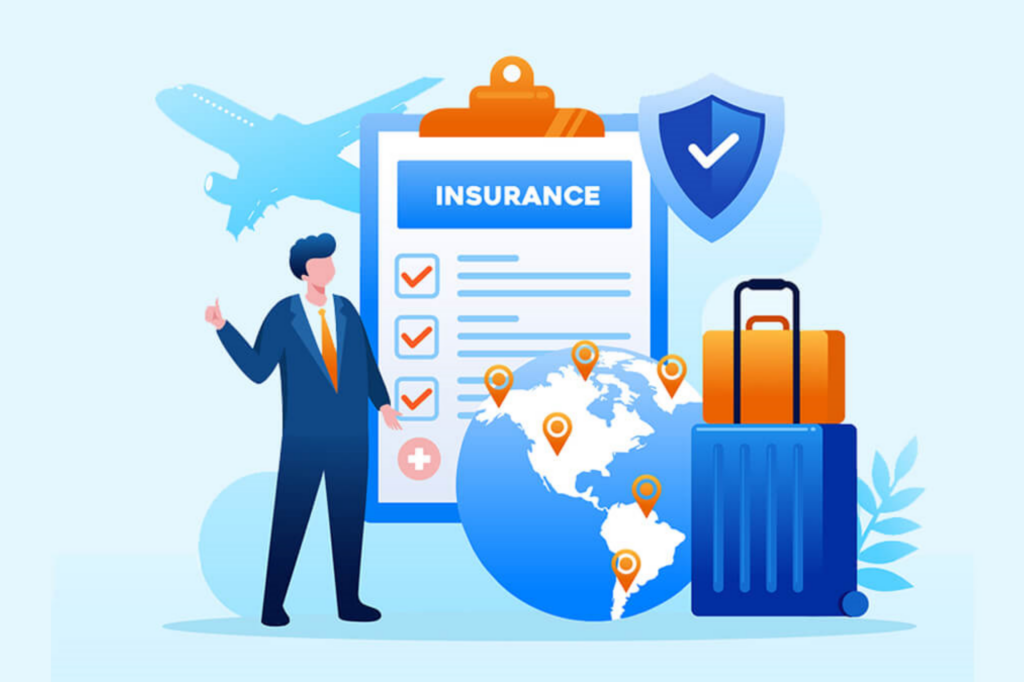
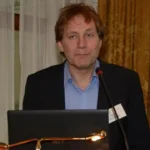
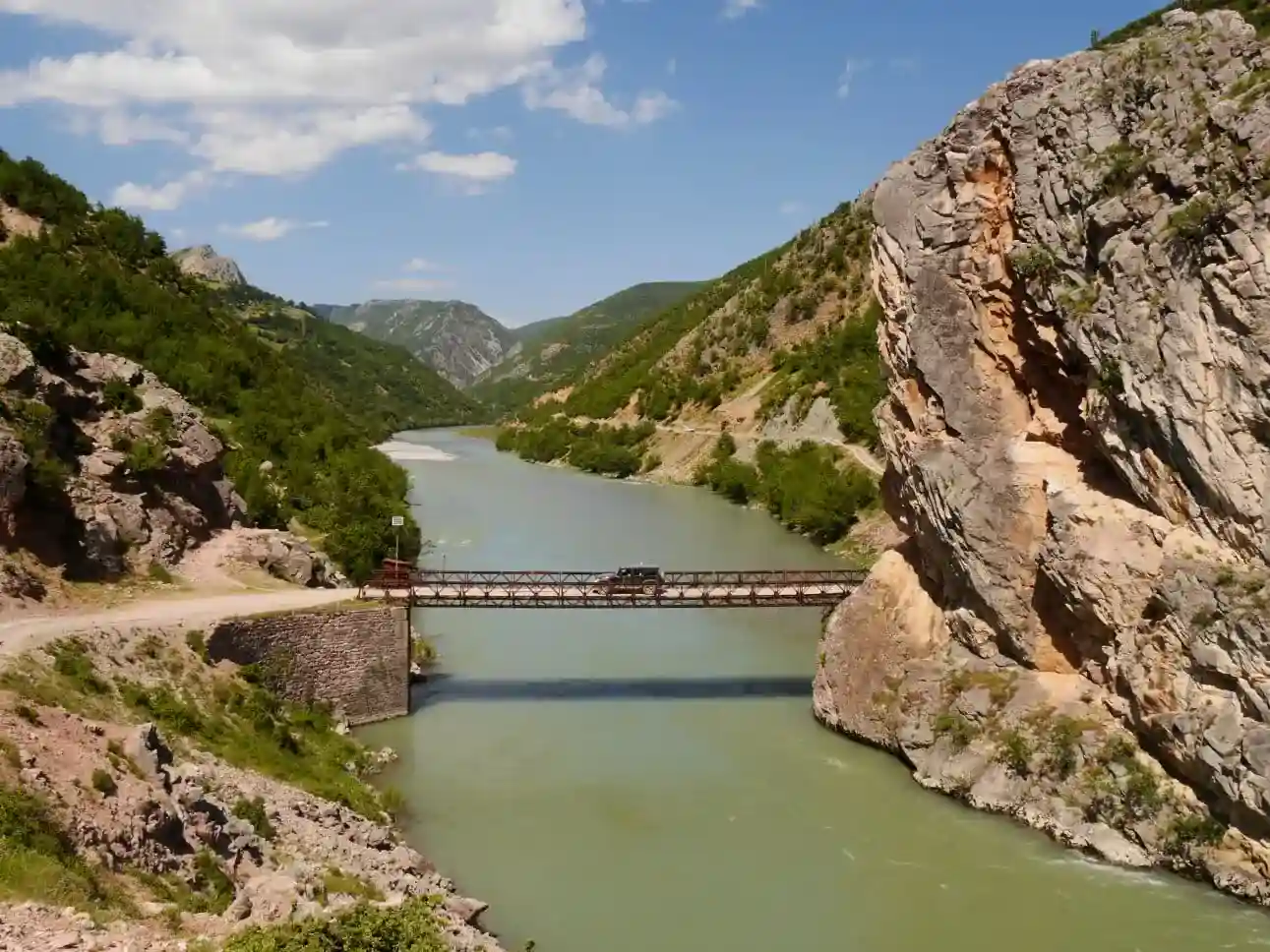
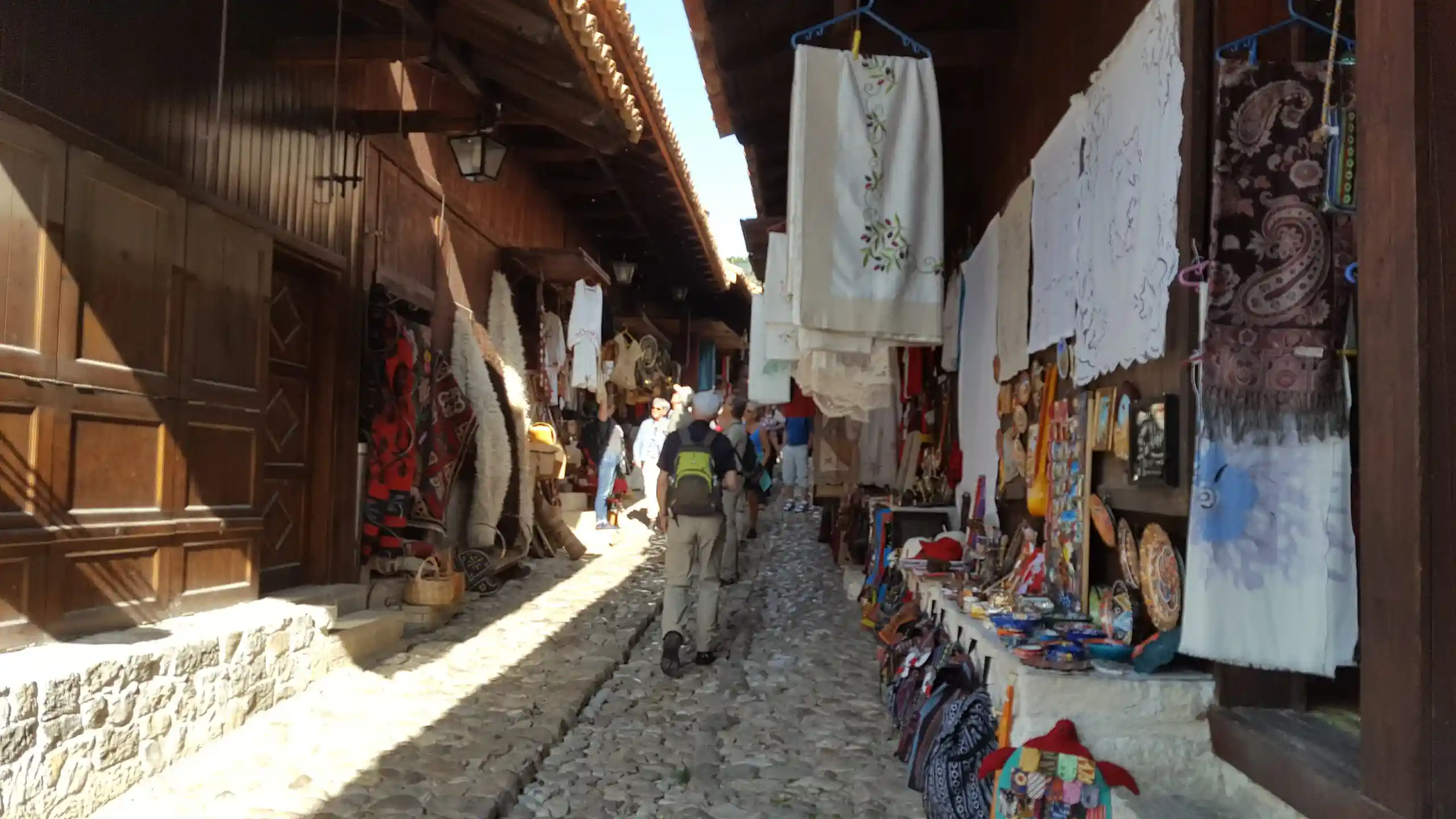
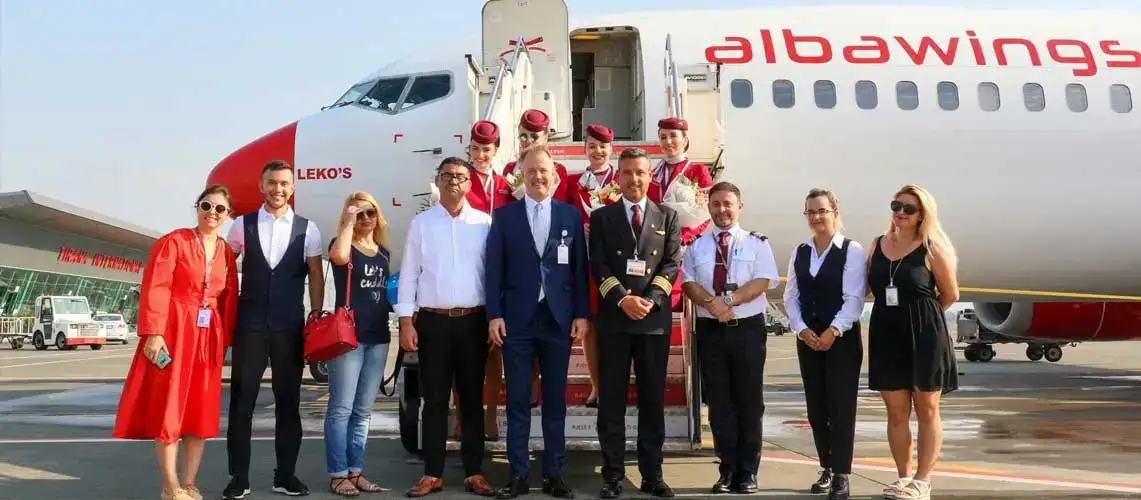
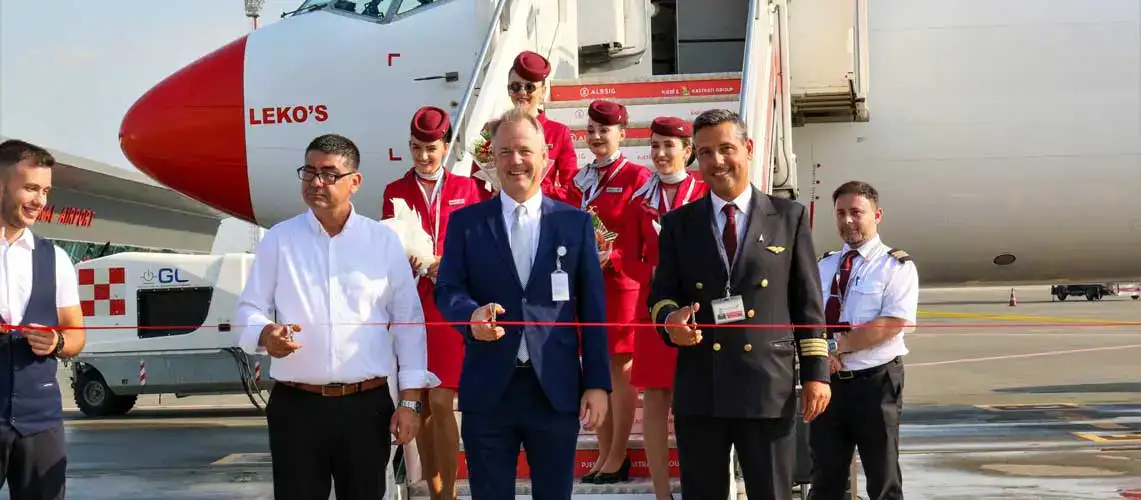
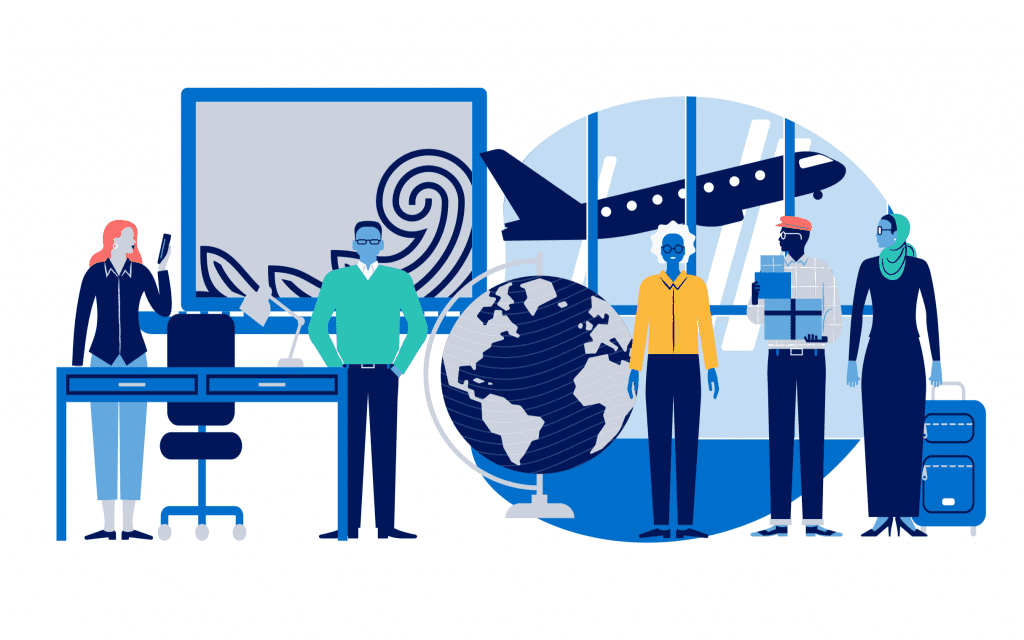
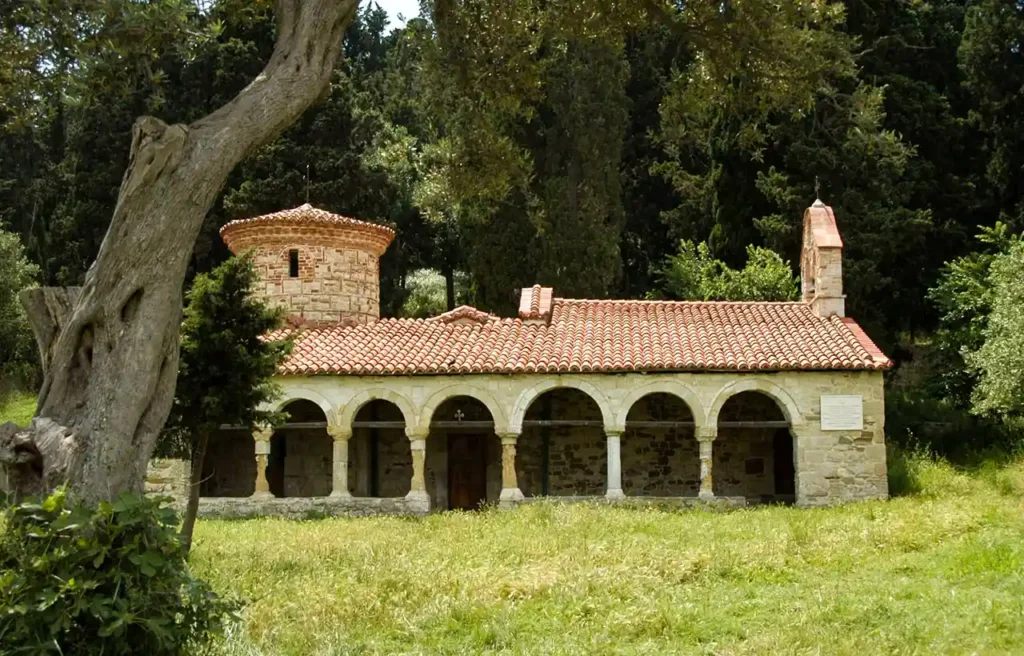
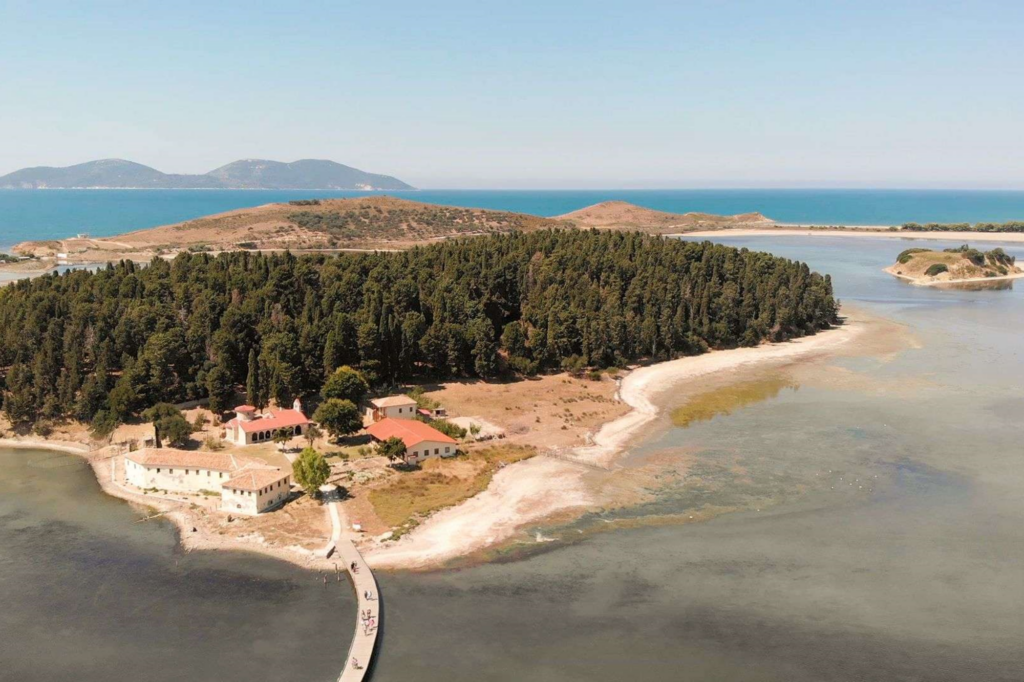
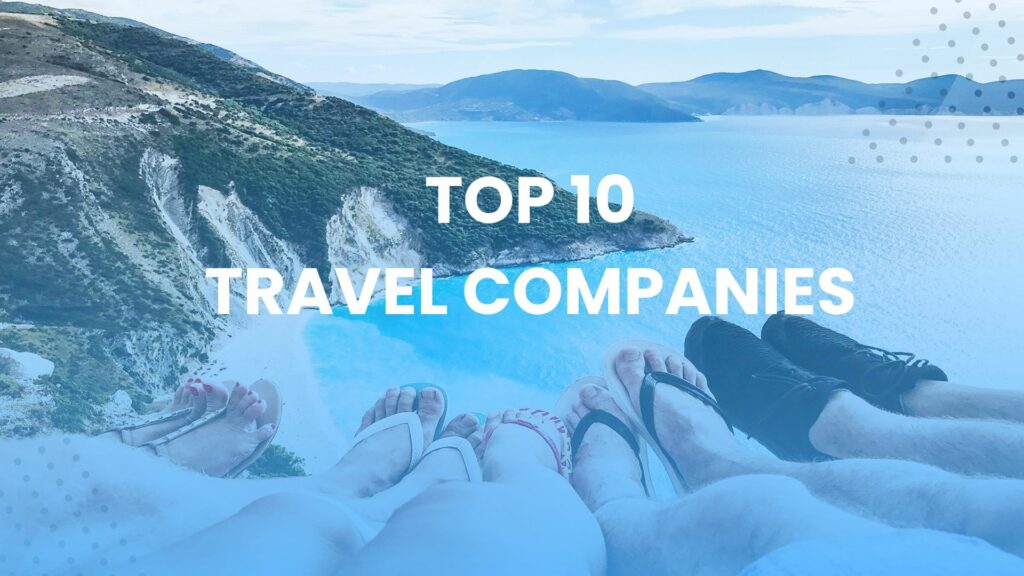
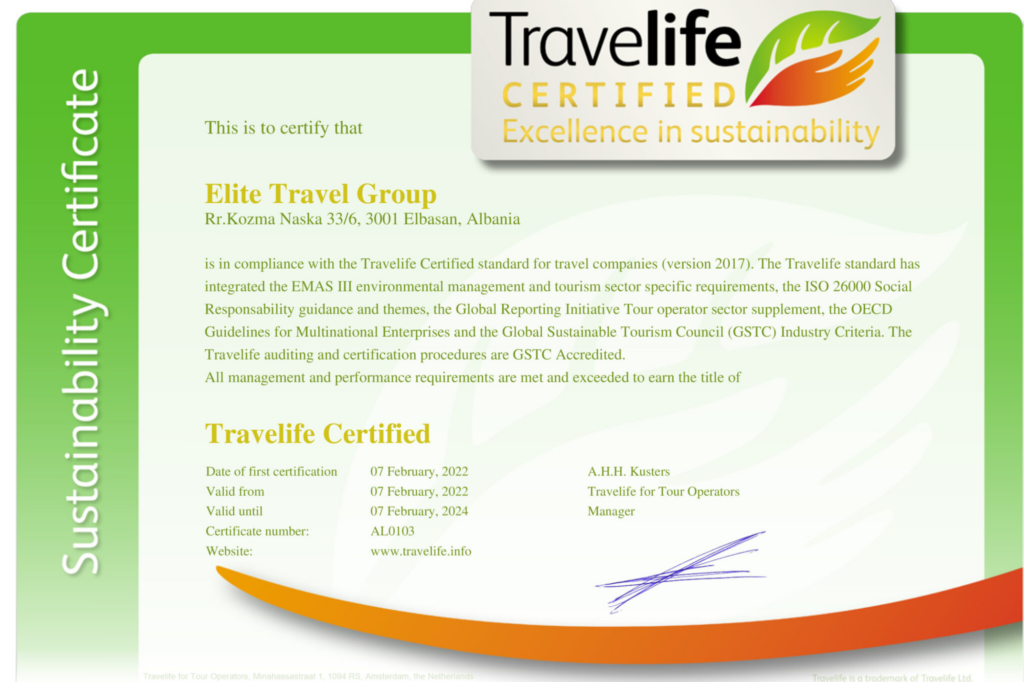
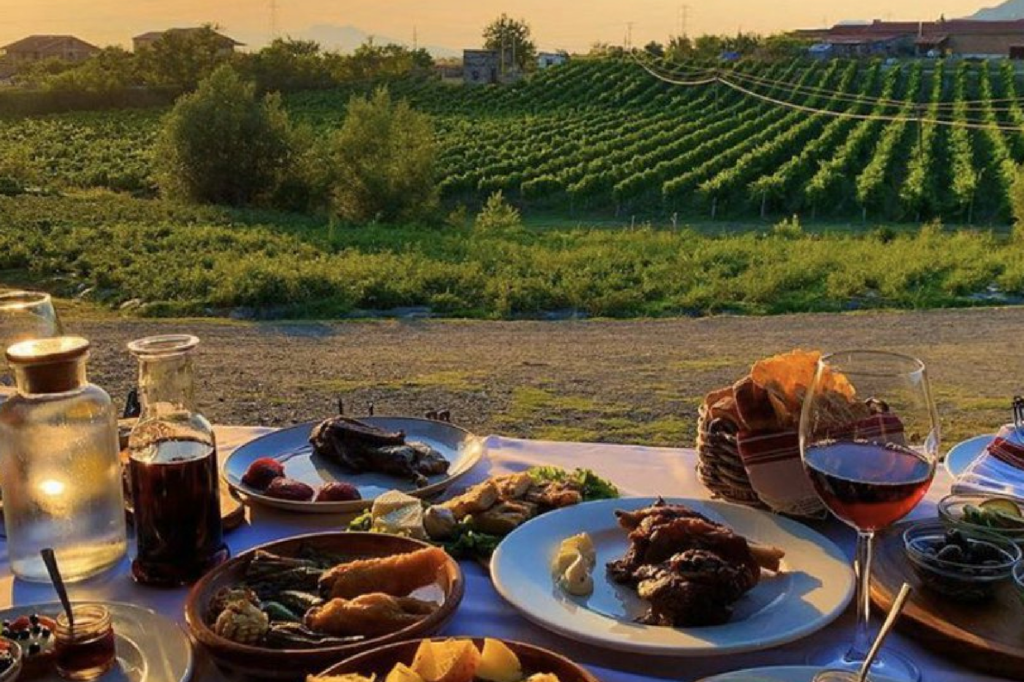
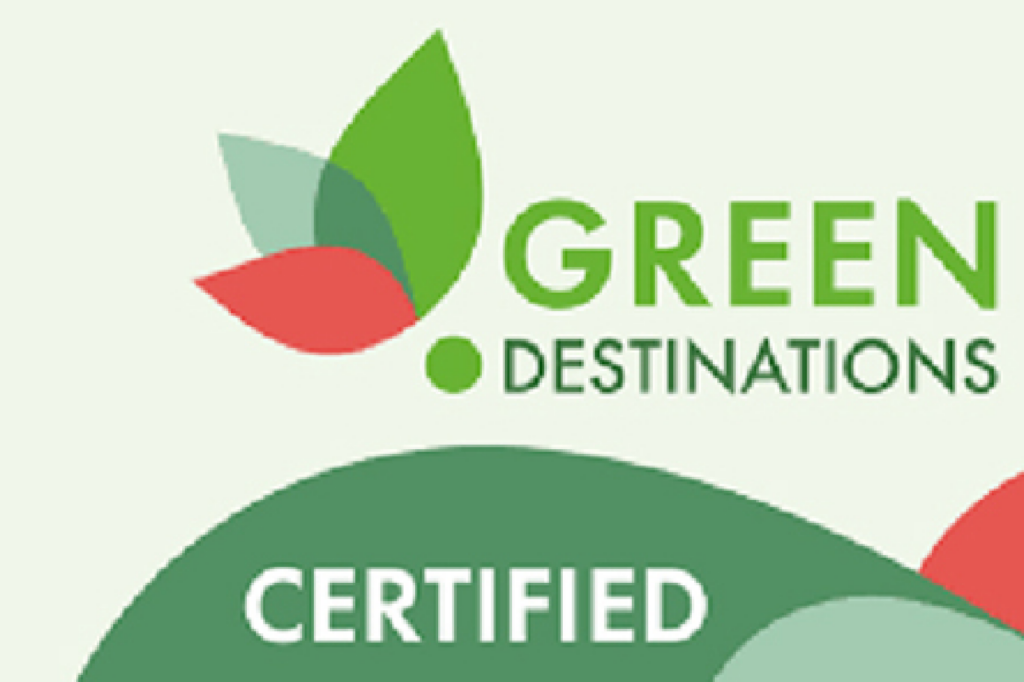
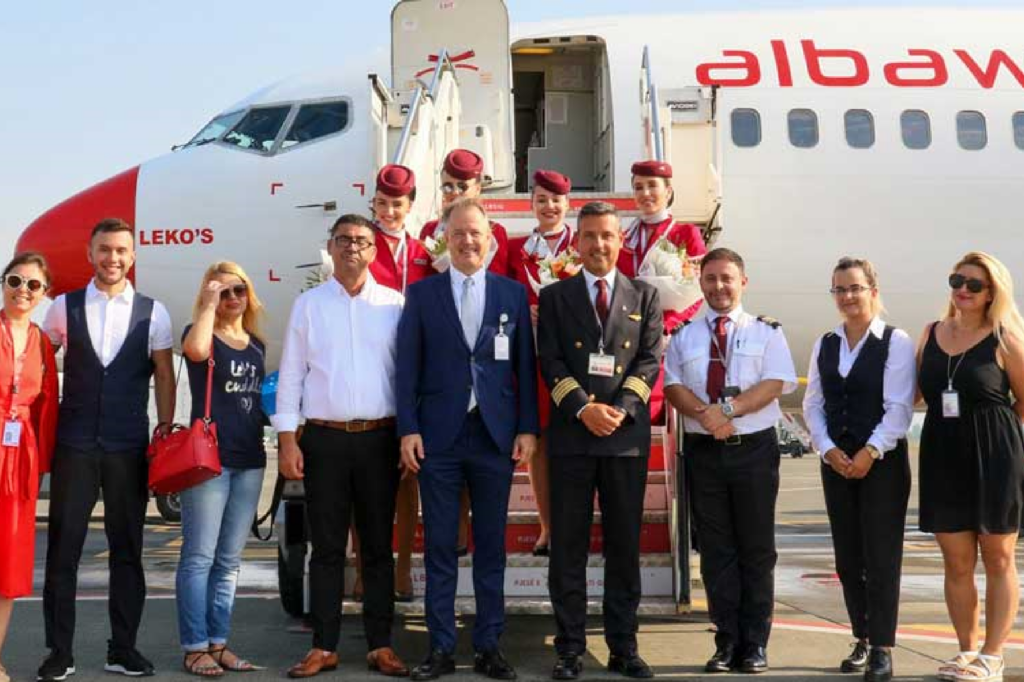
Follow Us